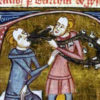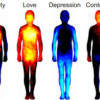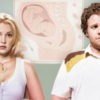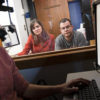Researchers have discovered a “microbial Pompeii” preserved in the calculus (dental plaque) of 1,000 year old teeth. Intriguingly, the research team says that the ancient oral bacteria they discovered already contained the basic genetic machinery for antibiotic resistance more than eight centuries before the invention of the first therapeutic antibiotics. Led by the University of […]










